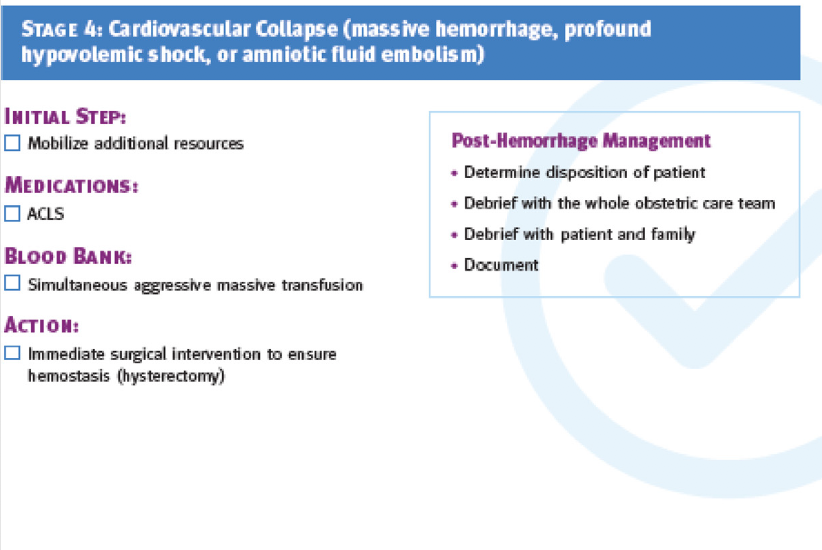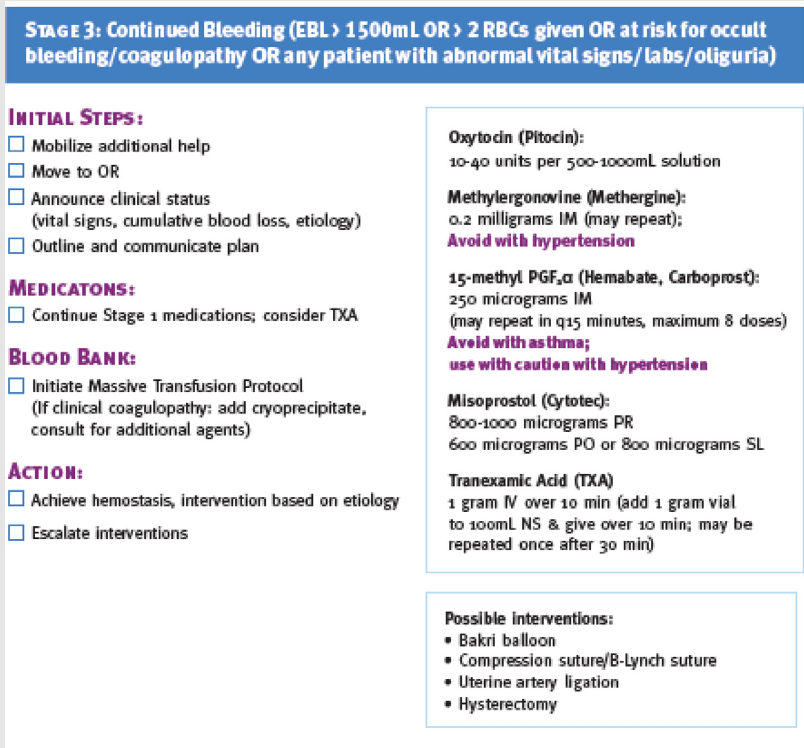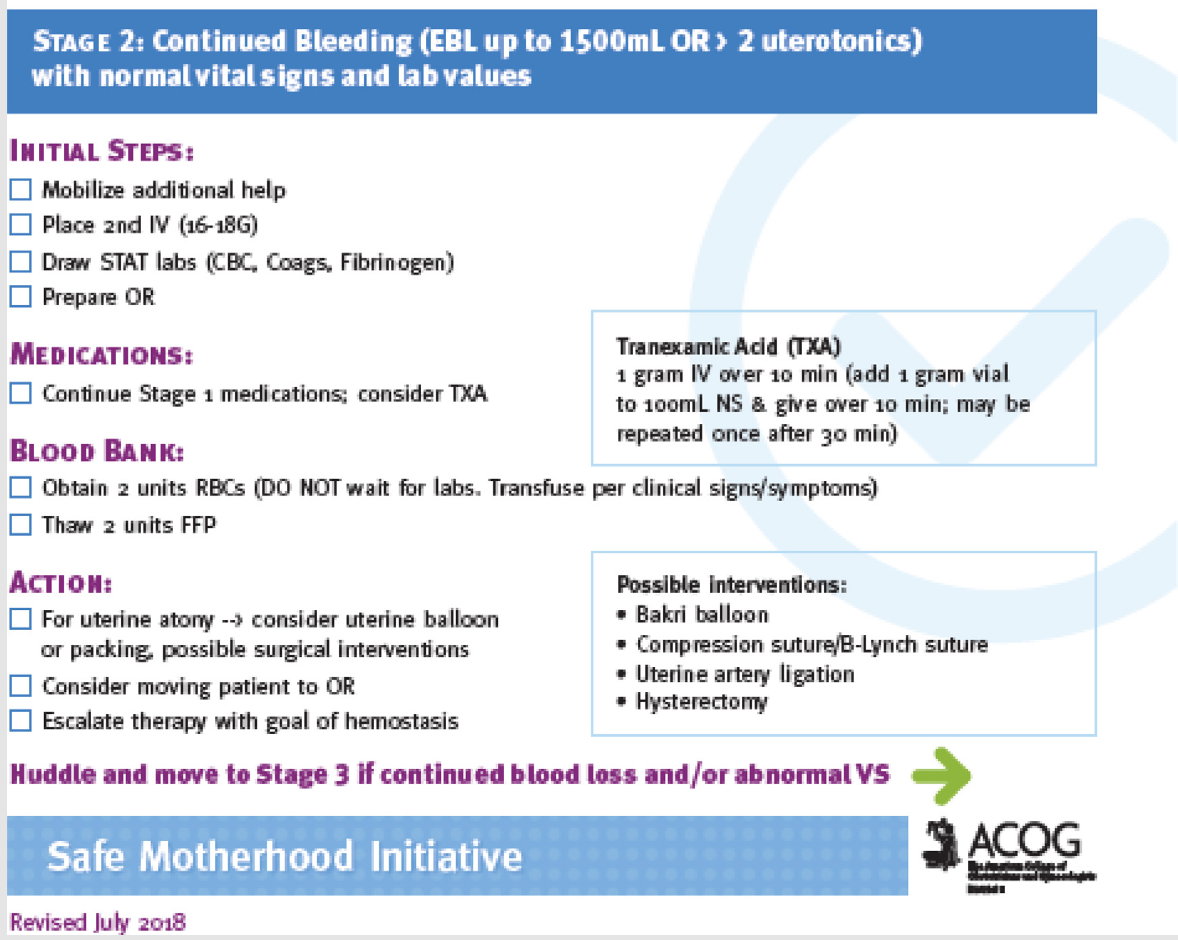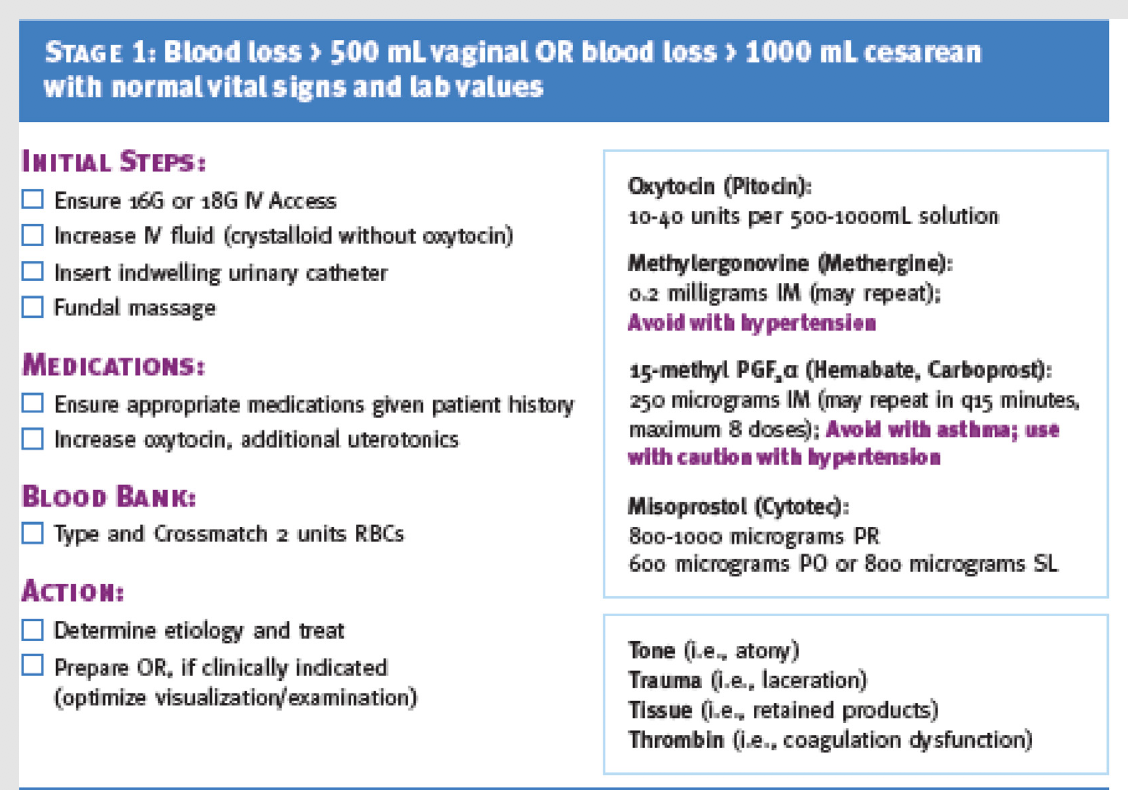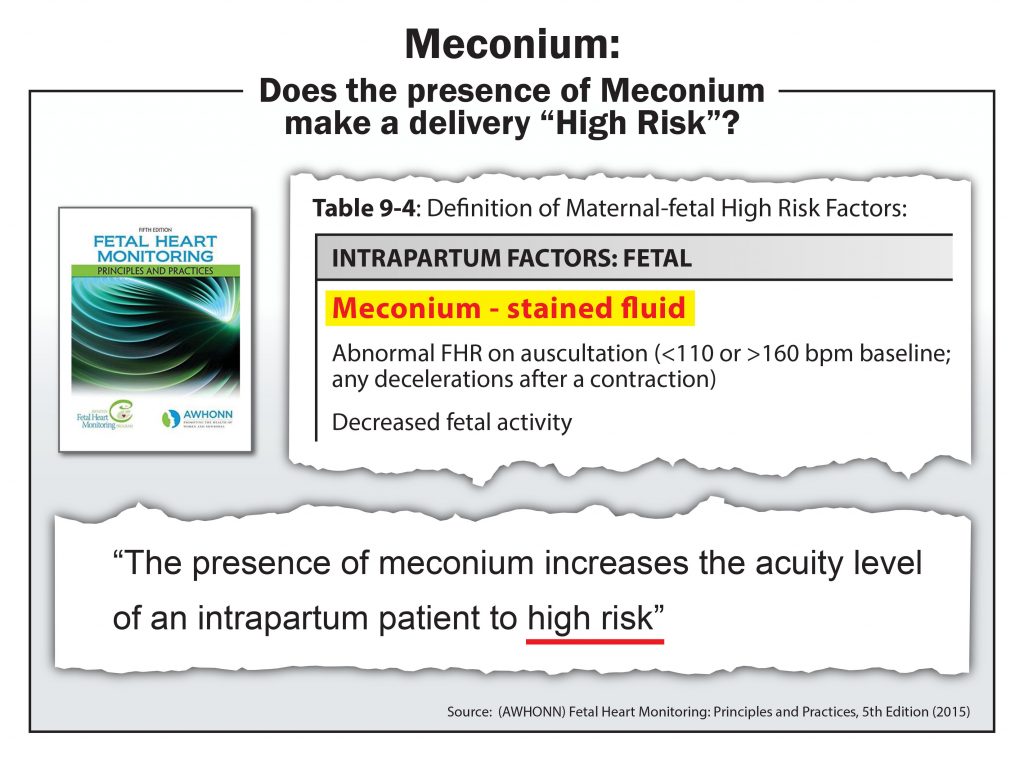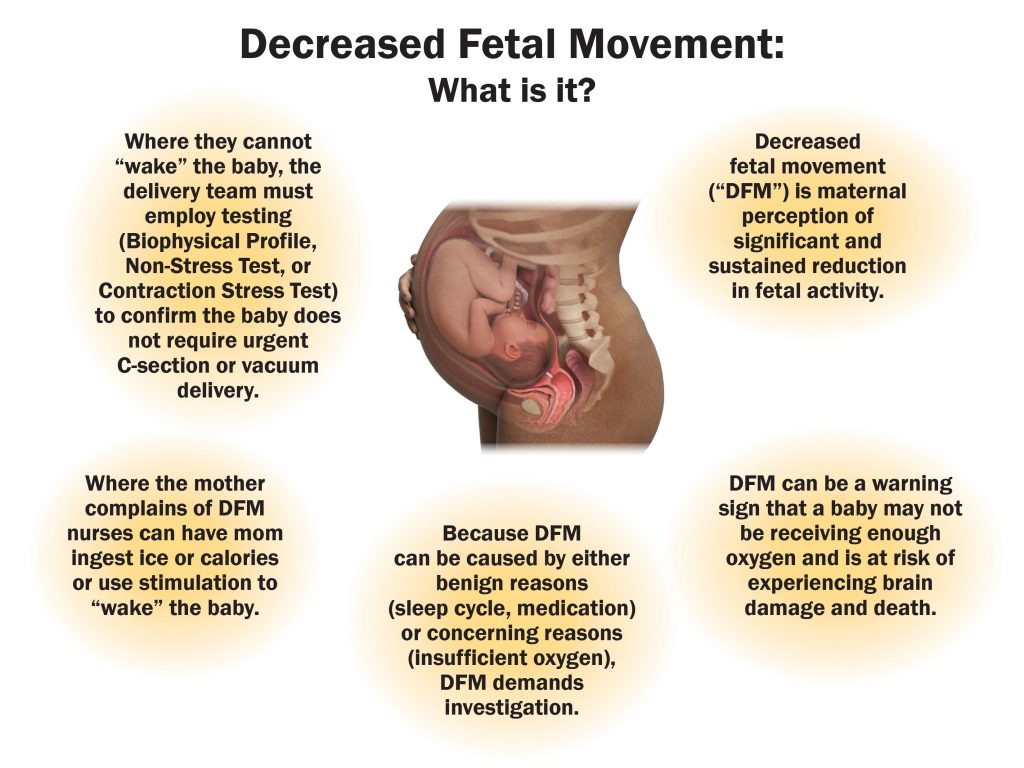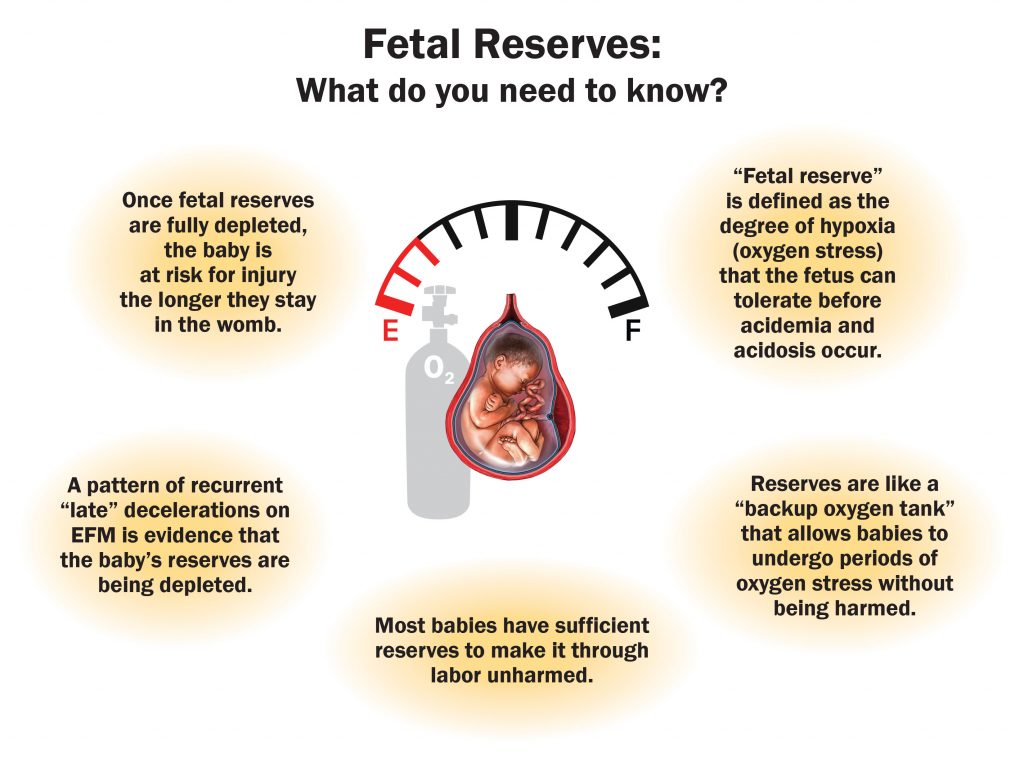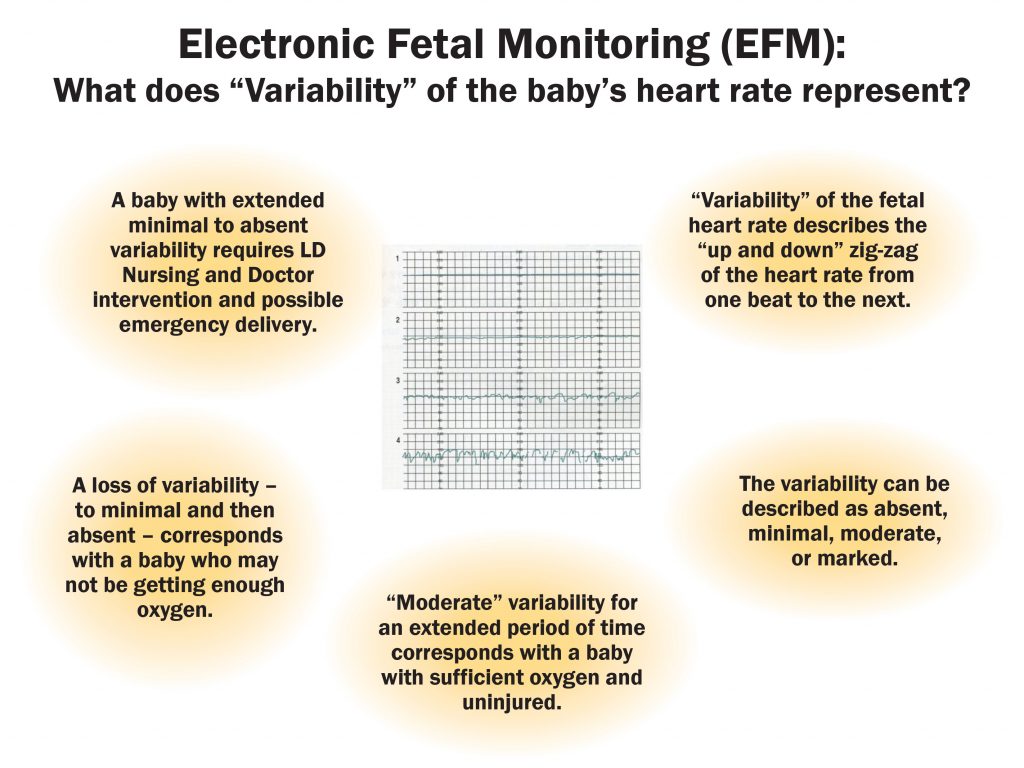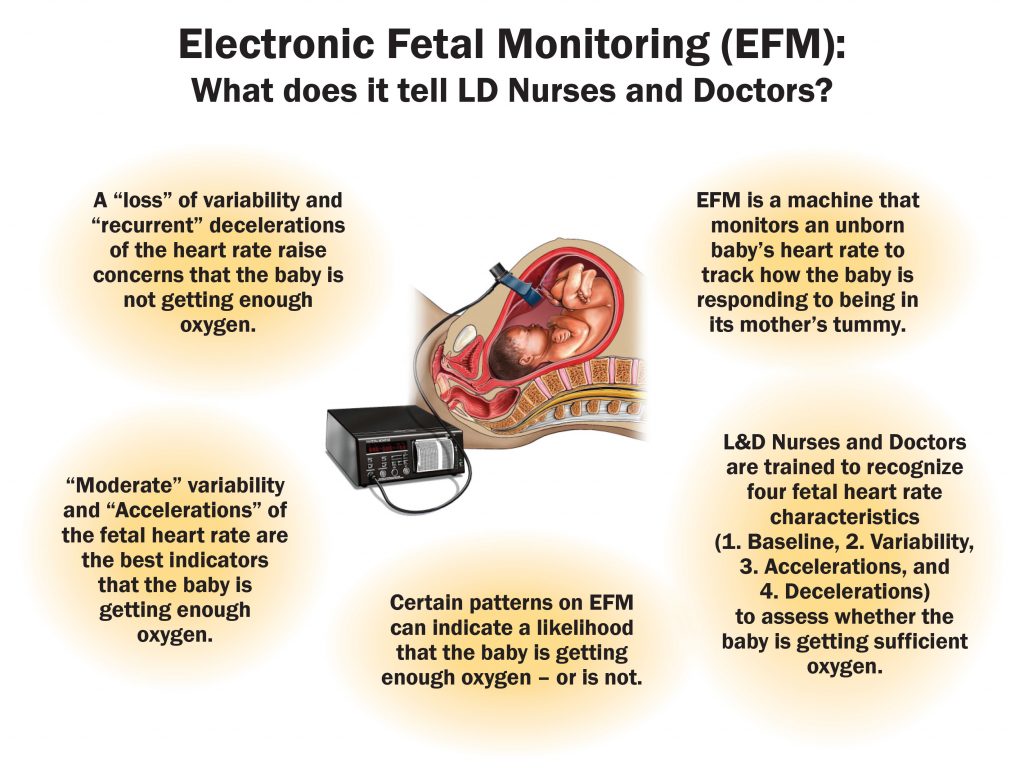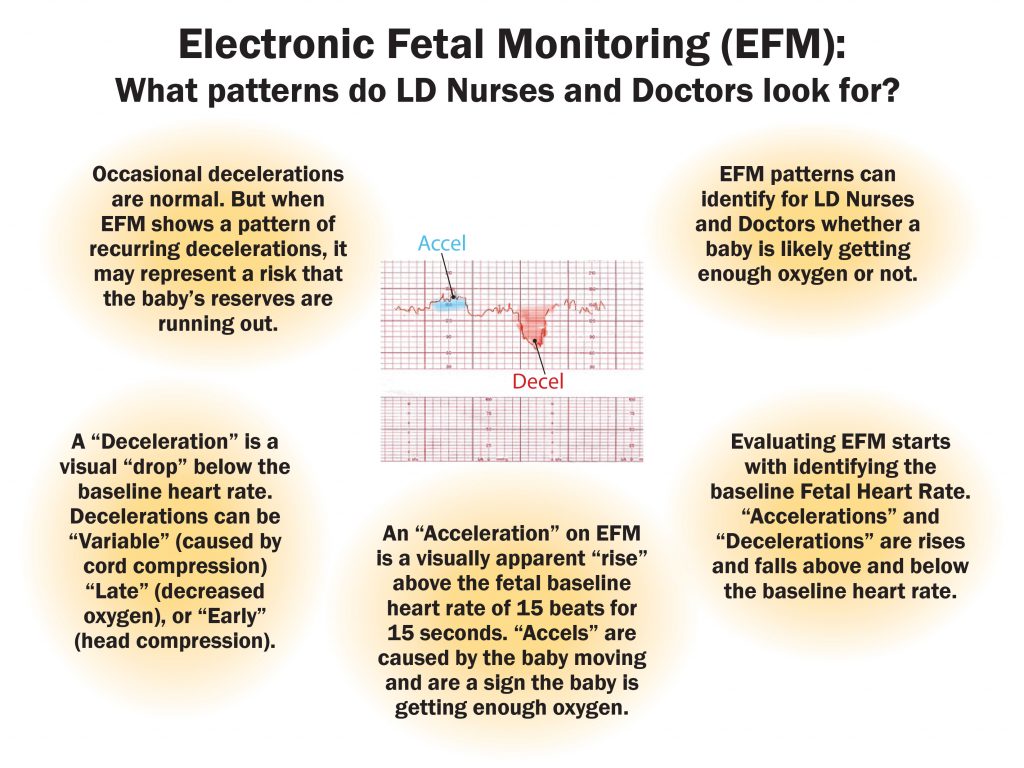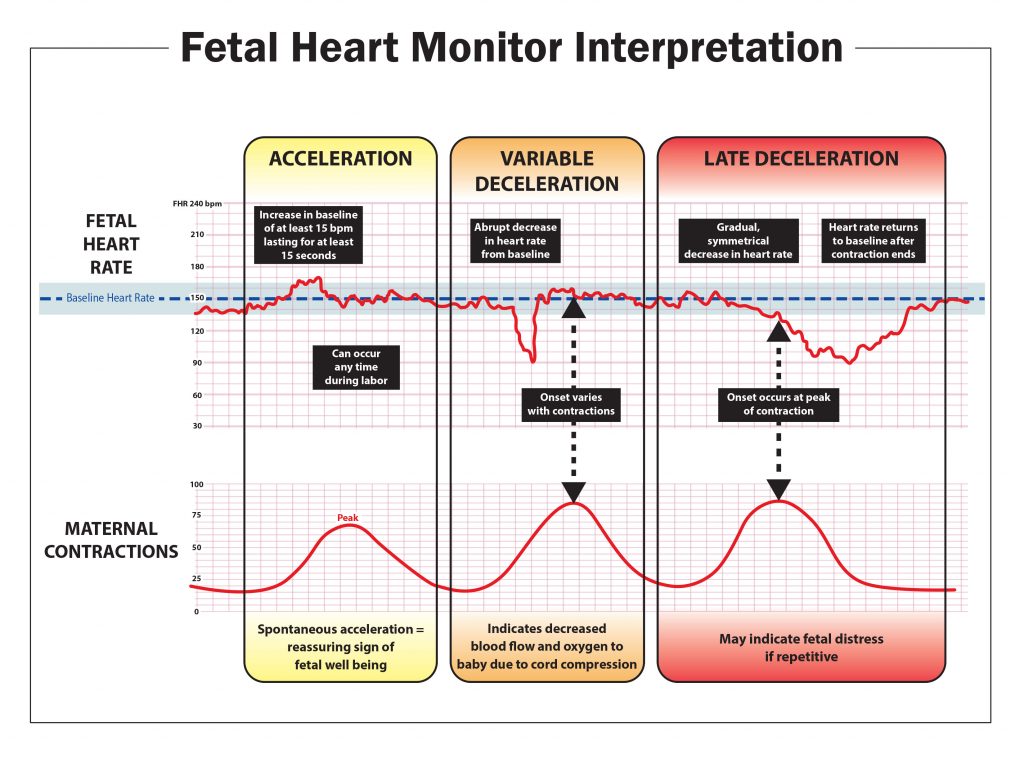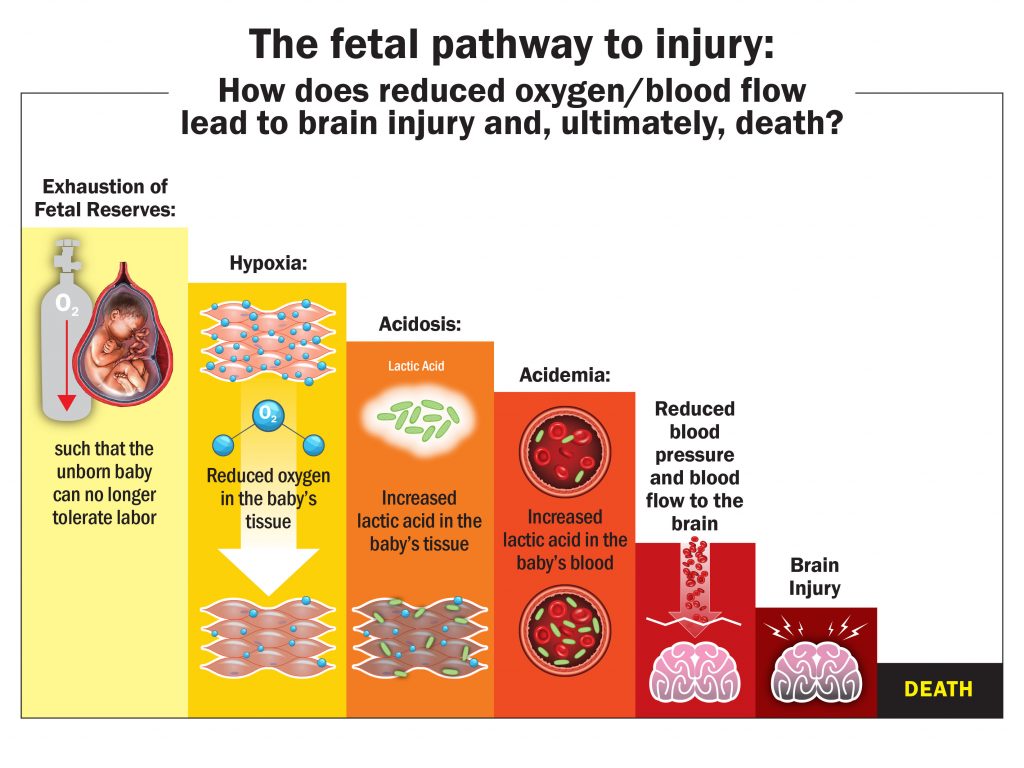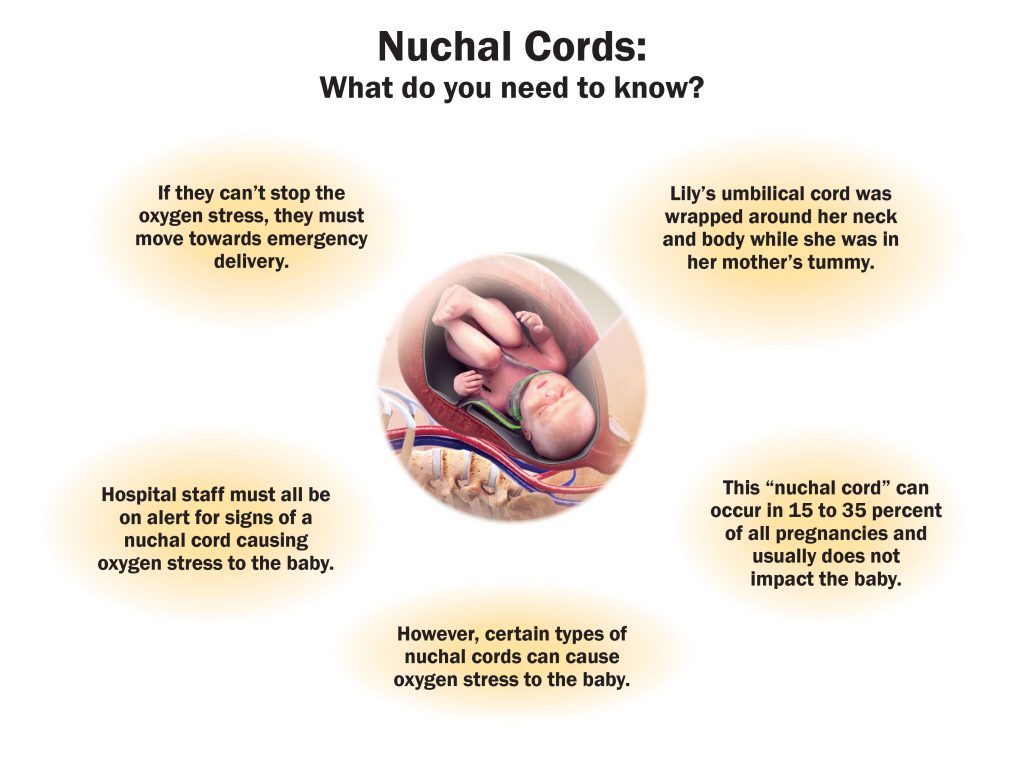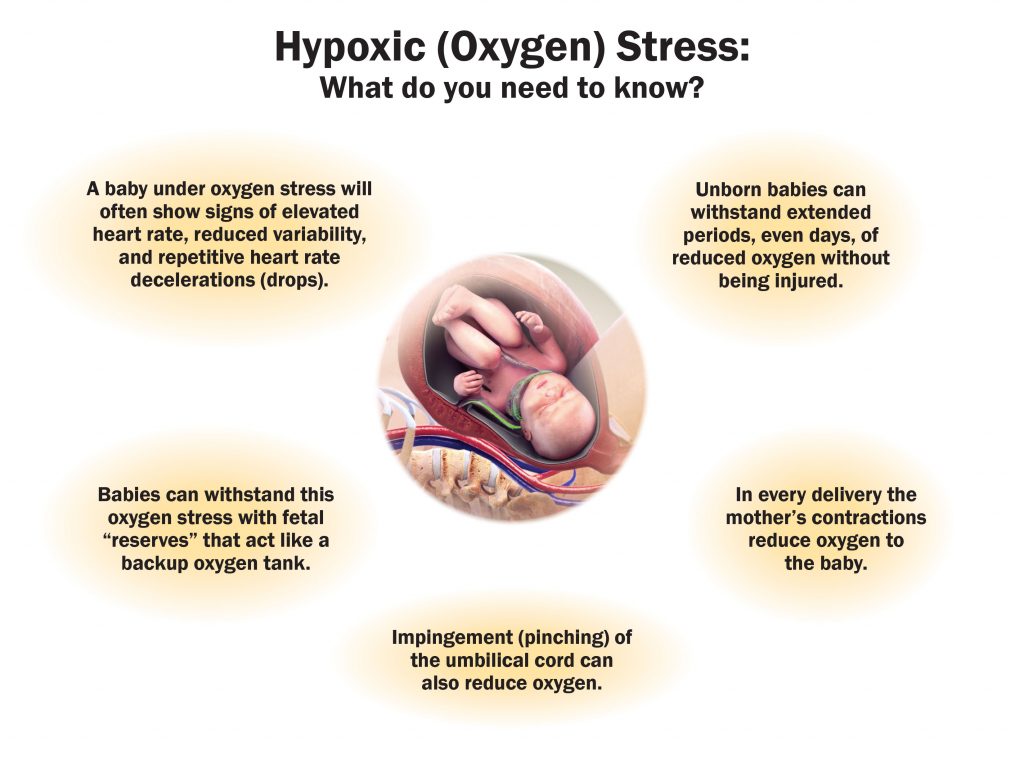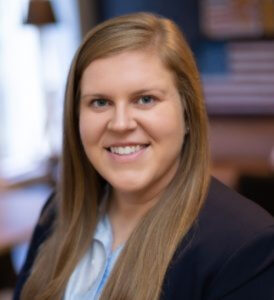(The following article was written by Nelson Tyrone for American RSDHope.org. It is presented in 3 parts. See below for Part 1 of 3)
If you are asking this question, then you have probably suffered an injury as a result of medical care that you believe was negligent. And you have probably decided that a lawsuit is the next step. But how will you get your doctors (or any doctor) to testify against someone in their own profession?
As a lawyer, these questions aren’t new to me. In fact they are not new to any lawyer who handles medical negligence lawsuits. But these questions probably are new to the person who has just realized that a negligent doctor or nurse is the cause of their injury. If the injury is permanent, and debilitating like RSD often is, the questions must be terrifying.
The purpose of this short article is to provide a personal injury lawyer’s perspective on this issue: the issue of obtaining medical testimony in the context of a medical negligence case. Or, put in layman’s terms: “How do I get other doctors to testify against my doctor?”
Let me make a few things clear at the outset:
First, Medical Negligence cases are complicated. The medicine is complicated. This creates two problems: first, a jury lost in the complexities of the medicine is more likely to side with the hospital. Second, the complexities allow medical providers defenses. Put plainly, the deck is stacked for the doctors and hospitals and against the person who has been injured.
Second, RSD is complicated. Many doctors (and many lawyers) mistakenly see it as something mysterious, or view it as “syndrome” with no clear “cause” or inciting event – more akin to Chronic Fatigue Syndrome than anything they can “define”. Even with doctors (and lawyers) with some experience with RSD, RSD can appear to be an “invisible injury” that is “difficult to prove” to an adjuster or jury.
Finally, there is no way to “get” your doctors to testify against another doctor. As the patient, and as the Plaintiff in a lawsuit, you must avoid any attempt to “get” or “persuade” any witness (including your doctors) to do anything. Any effort you make to “get” your doctor or any witness to do anything will be manipulated by the lawyers defending the case to make it appear that you are tampering with the witness. Any discussions you have with a caregiver about your “case”, your lawsuit or your lawyer will likely be written down in your medical records. Any Defense lawyer reading a medical record that contains the Plaintiff discussing their case, lawsuit or lawyer will get a gleam in their eye. Defense lawyers know that a jury will be wary of a patient who talks about their lawsuit with their doctor when they “should” be talking about their injury.
So, what are you to do? For the reasons I have outlined above, you should not do anything. Your lawyer should navigate this legal maze for you.
However, that doesn’t mean you shouldn’t understand the process. For that reason, the remainder of this article is written for the person who suffers from RSD – the patient and the client – so that they can understand the process their lawyer should follow in obtaining medical testimony to support their case.
But how will the lawyer go about this?
There are several stages during a medical negligence lawsuit where your lawyer will need to obtain medical testimony in your case. I will discuss Stages 1 and 2 in next week’s blog.
(Continued – See next Friday, March 15th, for Part 2 of 3)
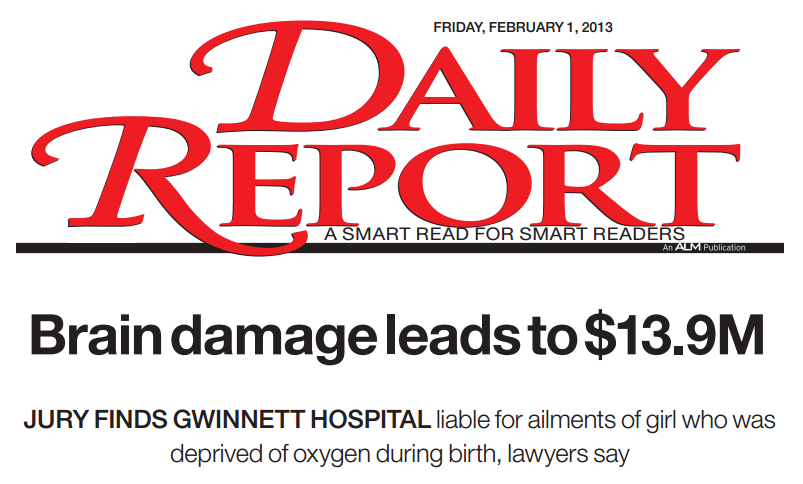
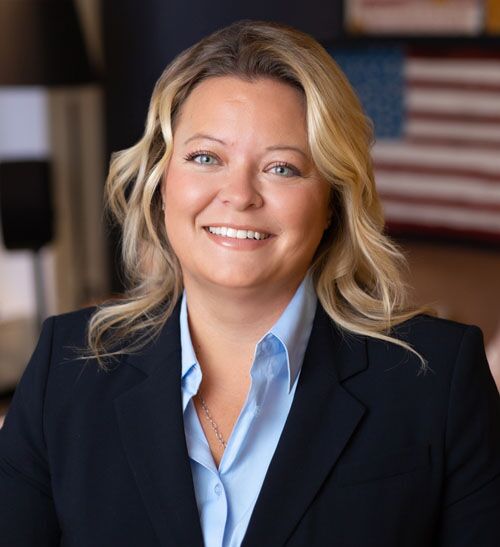


 Hayley serves as a Labor and Delivery Nurse Consultant for the Tyrone Law Firm. She attended and graduated Cum Laude from the University of Georgia in 2004 with a Bachelor of Arts degree in Journalism/Public Relations. After graduation she moved to the gulf coast where she pursued a career in real estate and development.
Hayley serves as a Labor and Delivery Nurse Consultant for the Tyrone Law Firm. She attended and graduated Cum Laude from the University of Georgia in 2004 with a Bachelor of Arts degree in Journalism/Public Relations. After graduation she moved to the gulf coast where she pursued a career in real estate and development.
